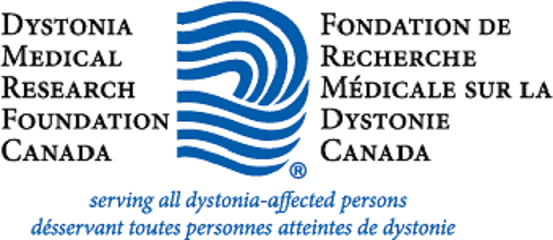Winnipeg – Dr. Andrew Borys, neurologist at the Winnipeg Movement Disorders Clinic, gave an interesting and wide ranging presentation to the DMRFC Manitoba Support Group in which he spoke of the genetic influences on dystonia; the DYT1 gene; the interplay of the cortex, cerebellum and basal ganglia in the brain as they pertain to sensory feedback with dystonia and other movement disorders.
Brian Crow, Manitoba Support Co-leader said “Dr. Borys was able to explain matters in a very understandable way. For example he described how one of the roles of the basal ganglia is to act as a brake on unwanted movements. When the brake isn’t working properly additional movements occur.”
